BROOKFIELD'S ISAGEN: A CASE STUDY ON THE NEED FOR CHANGE IN THE GLOBAL TAX SYSTEM
In 2016 the Colombian government sold a majority stake in the energy company, ISAGEN to a subsidiary of the Canadian investor Brookfield. This sale represented the second largest privatisation in Colombia's recent history and Brookfield went on to acquire more than 99% ownership of the company.
CICTAR has worked closely with a number of local unions in Colombia (including those representing workers at ISAGEN and employees of the national tax office) and with the global federation of public service unions, PSI, to carry out research into the impacts of this privatisation process for workers and for the citizens of Colombia.
The report examines how, since the sale, ISAGEN has reduced investments, increased profits, and appears to have used debt write-offs to distribute income to Brookfield's subsidiaries in the tax haven of Bermuda, resulting in lower tax payments, and little investment in the company's workforce.
Colombia is facing an energy crisis, with water and energy shortages, and the cost of energy rising by 30.23% between January 2022 and October 2023. Meanwhile, ISAGEN's profits almost tripled between 2021 and 2023, and the company has paid out more than US$864 million in dividends on shares, 99.7% of which are held by Brookfield. Tax payments as a % of total revenues have remained stably low over the entire period. The Colombian population appears to be bearing the higher cost of energy due to the climate crisis and El Niño effect, while Brookfield continues to post record profits.
The pattern of profit extraction and tax minimization revealed in this report are nothing new. CICTAR's research, including previous research into Brookfield itself, shows that this type of behaviour is common when governments put public services into the hands of companies driven by private profits. But this example is particularly concerning, being in the Global South, where inequalities are already high and there is an urgent need for quality public services.
The report concludes that far greater transparency is needed to understand the impacts ISAGEN’s private ownership and that, as a case study, the ISAGEN example reveals a need for further, and more fundamental, reform of global tax rules.
Key fundings were shared in advance with Brookfield and a statement from the company is provided, in full, at the end of the report.

